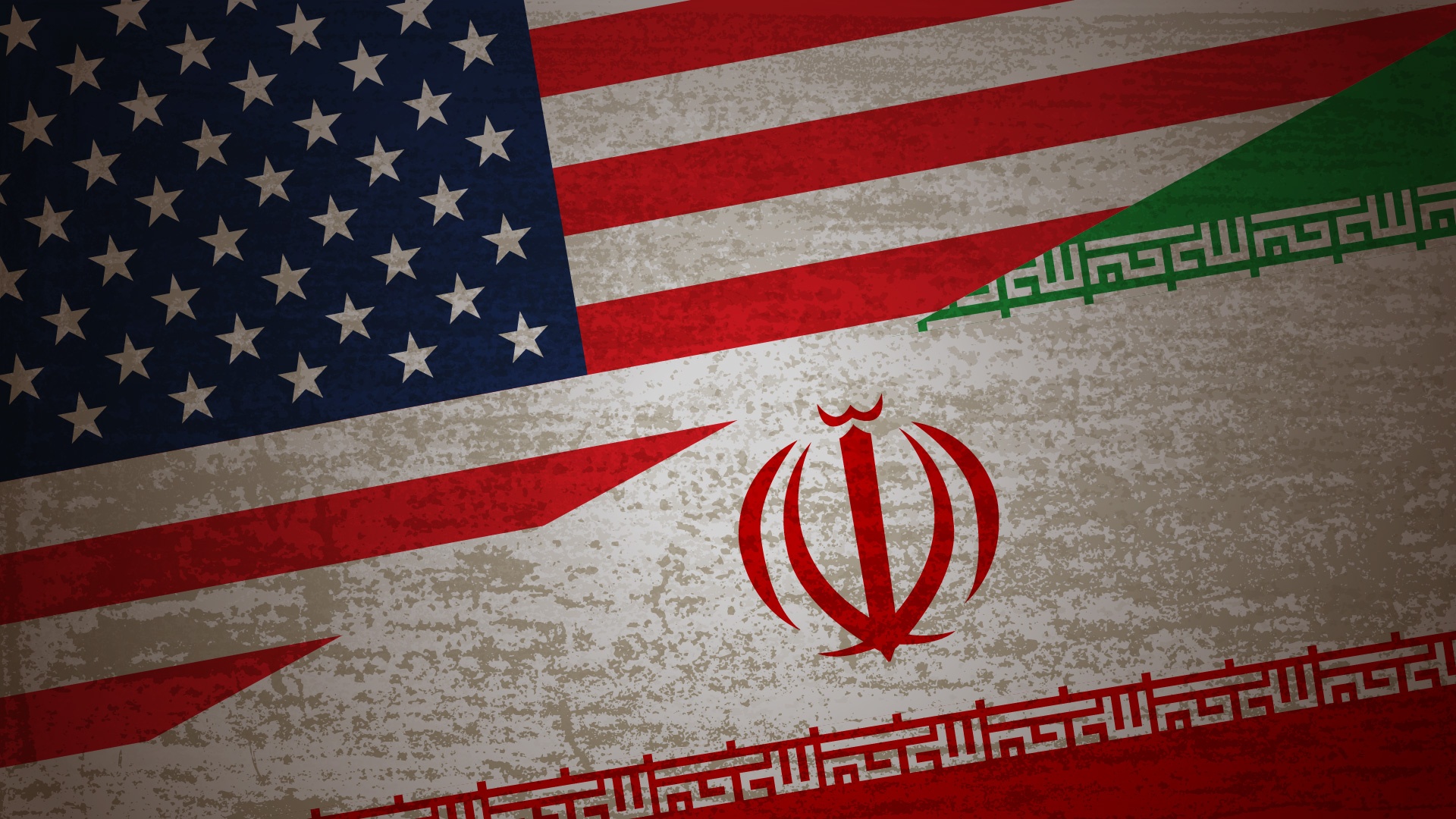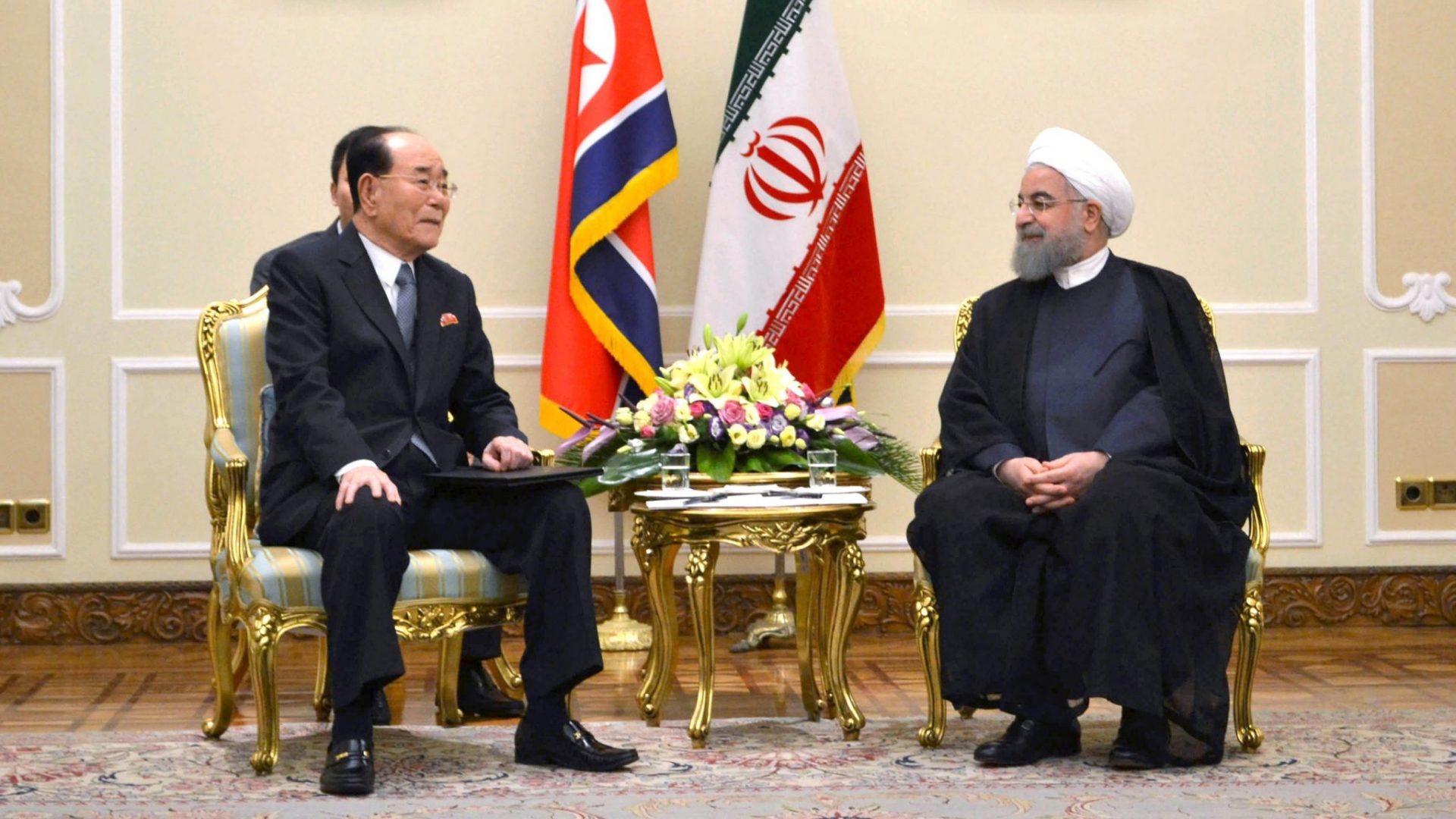
In January, Iran and six leading powers — US, Britain, France, Russia, China and Germany — implemented an agreement reached in July when Tehran agreed to scale down its nuclear activities in return for lifting of some sanctions.
But the continuation of many US sanctions relating to other issues, such as facilitating terrorism, has made many international banks wary of working with Iranian institutions and individuals. The chairman of one of Europe’s biggest banks said: “All the lawyers’ reports I get continue to say there are still many sanctions left on Iran. It is difficult to know who you are dealing with as it has become uncharted territory.”
Banks have paid more than $15bn in fines for breaching sanctions in various countries over the past five years. The most costly was the $8.9bn penalty for France’s BNP Paribas in 2014. KBC, Belgium’s biggest bank, said it had “decided to support its well-established customers in its home markets” of Belgium, the Czech Republic and Slovakia “in their genuine trade with Iran, respecting all EU and US sanctions”.
“Such support is restricted to trade only and always subject to an in-depth screening of each transaction and all parties concerned,” it said. “To this effect KBC indeed has developed correspondent relationships with several state-owned and private Iranian banks.”
Iran’s banks are being reconnected to the Swift international payments system, which cut them off when EU sanctions were imposed four years ago. However, Mahmoud Zibaie, an official in the payment systems departments of Iran’s central bank, said there had been “too few” transactions sent by Iranian banks via Swift because foreign banks are “worried about the risks” of dealing with them. He added that to allay these fears the central bank was encouraging Iranian banks to use Swift’s “know your customer” and sanction compliance systems.
There is growing political pressure on European banks to support corporate clients seeking to do business in Iran. Apart from an eagerness to seize opportunities for trade with a country of 77m people, European politicians also want to support the moderate government of Iran’s President Hassan Rouhani.
British prime minister David Cameron wrote to Barclays in February asking the bank to explain its refusal to handle a payment on behalf of Molyslip Atlantic, a British lubricant maker arranging sales in Iran.
“The policy of Barclays Bank is in direct opposition to the policy of the EU and UN, as well as in opposition to the policy of the UK government,” Mr Cameron wrote in a letter first reported by the Times.
Jes Staley, Barclays chief executive, wrote in his reply to the prime minister: “As we offer banking services through our US operations we are required to continue to restrict business activity with Iran.”
US regulators have imposed by far the biggest fines for sanctions violations and European banks with large operations in America are reluctant to risk any links to Iran. KBC has an equities sales team in the US, while DZ Bank and Erste both have a small New York office.
Peyman Ghorbani Aghilabadi, vice-governor of economic affairs at Iran’s central bank, told the FT’s Iran summit last month: “I hope that by better co-operation of Iran and the international banking system we can achieve our goals.”
- This article originally appeared on Real Iran



